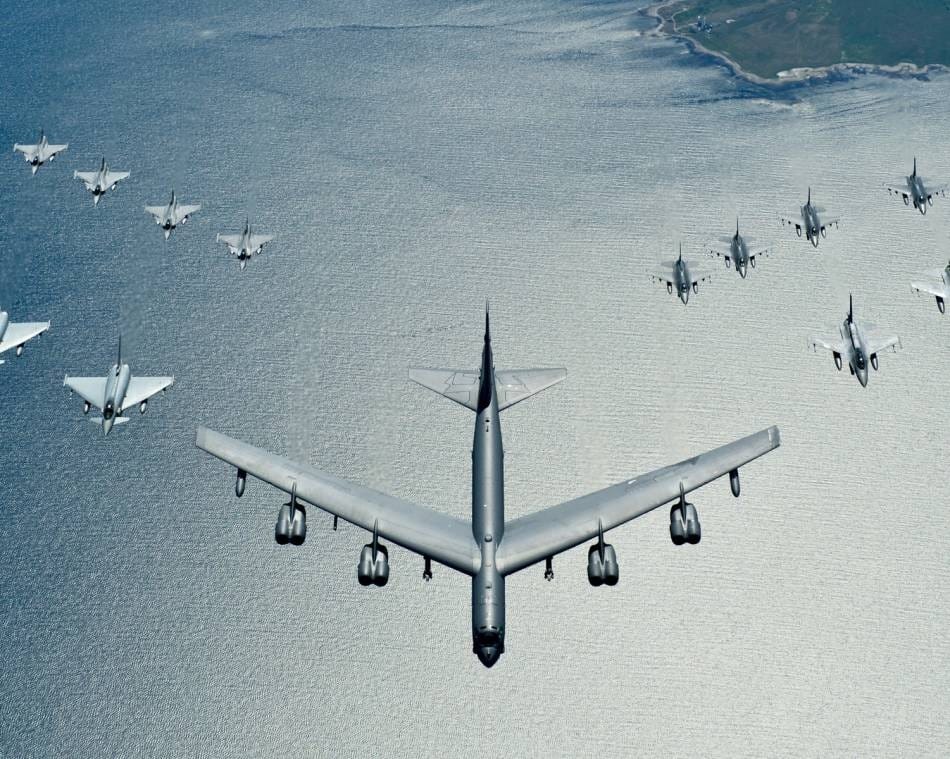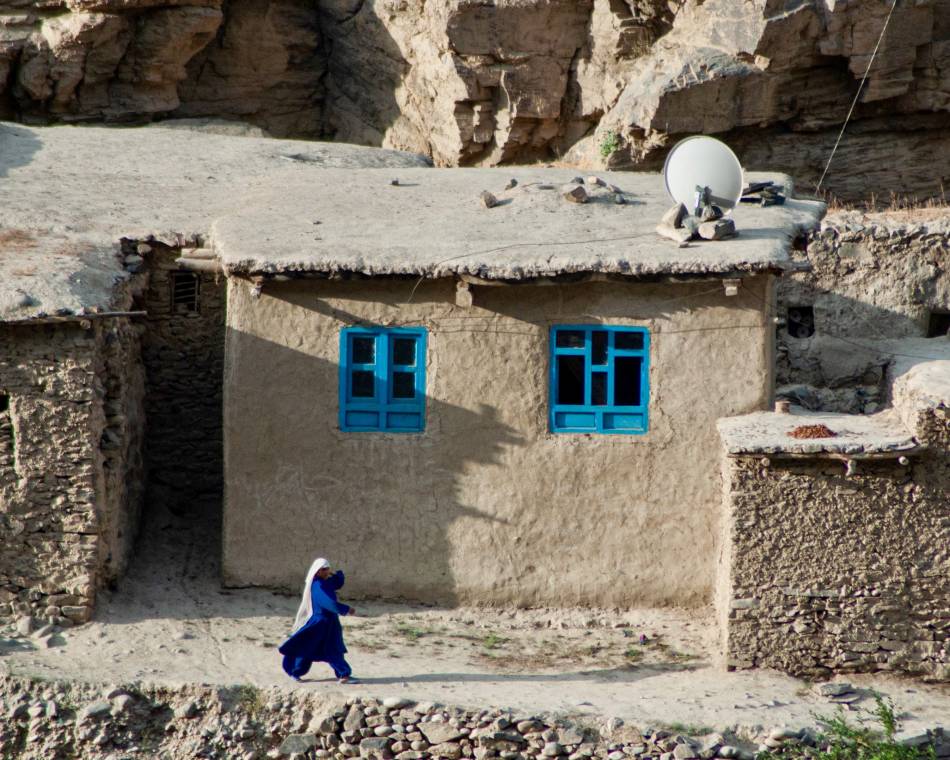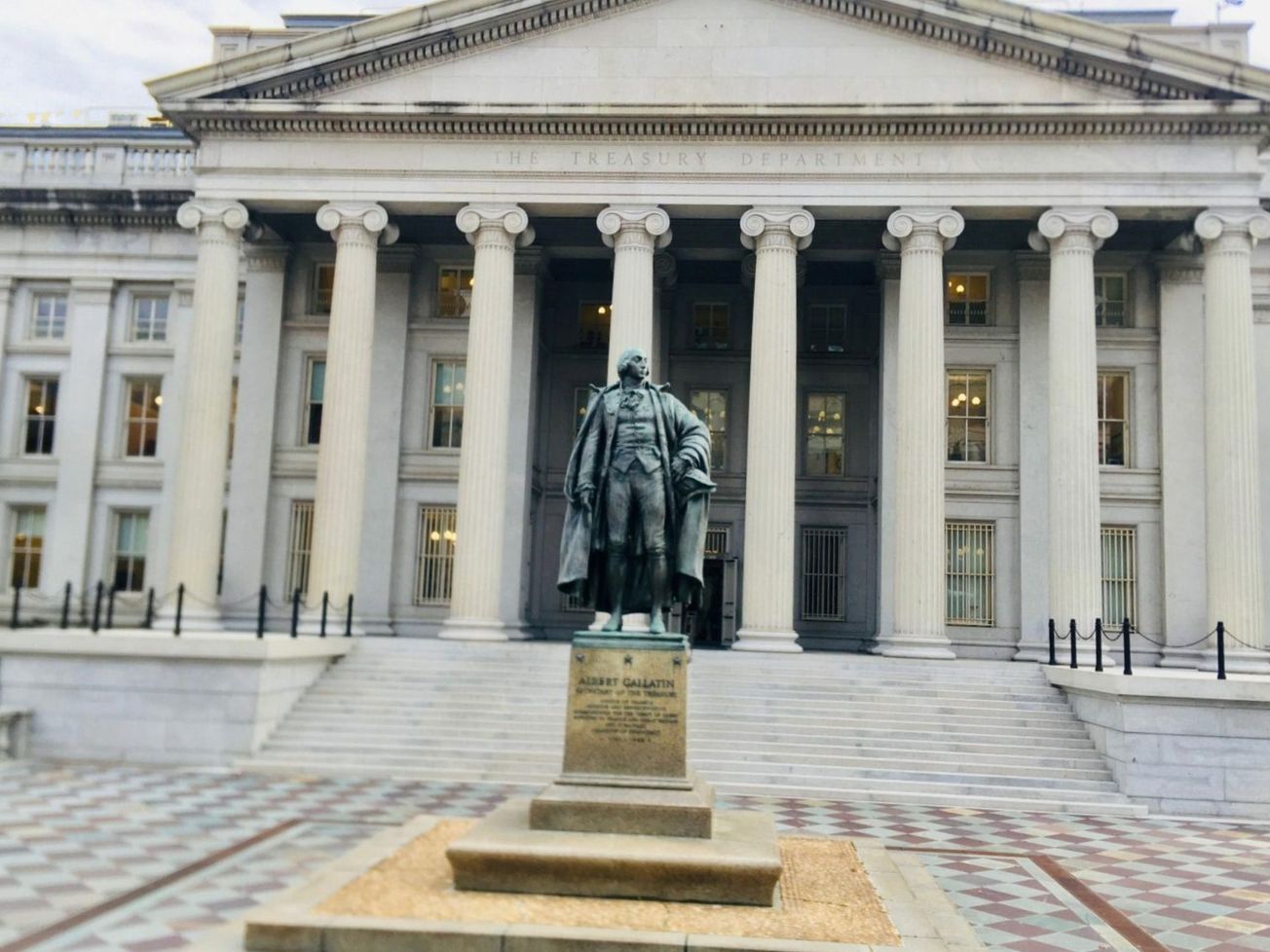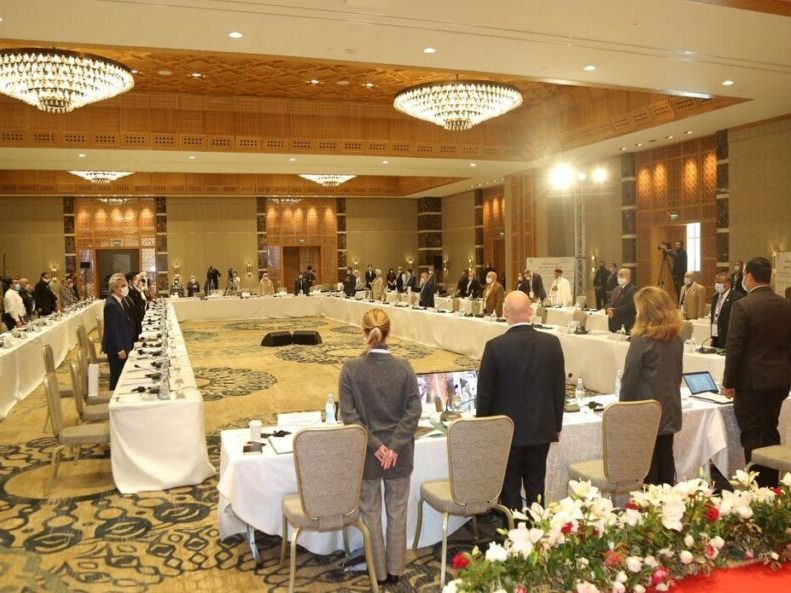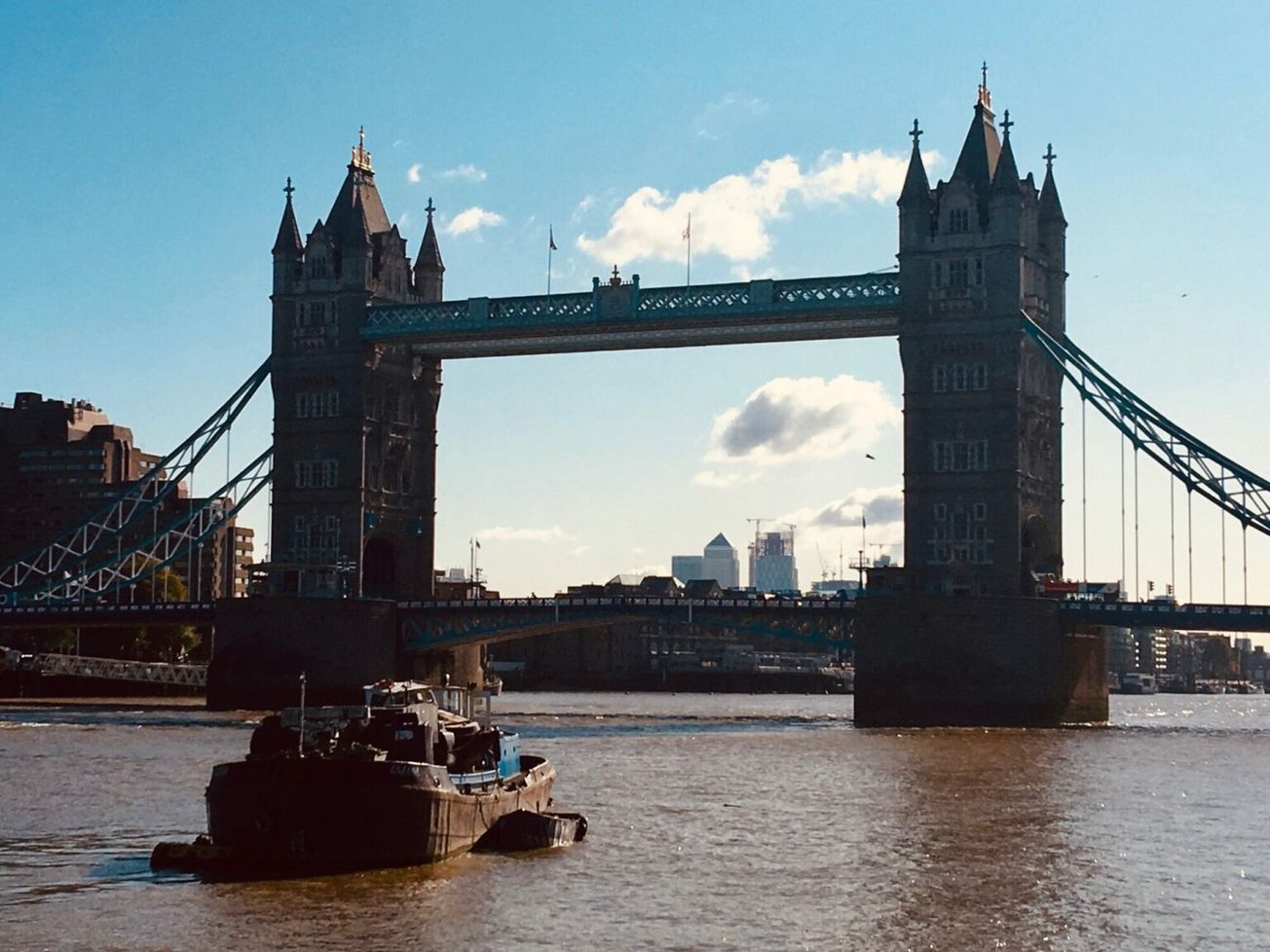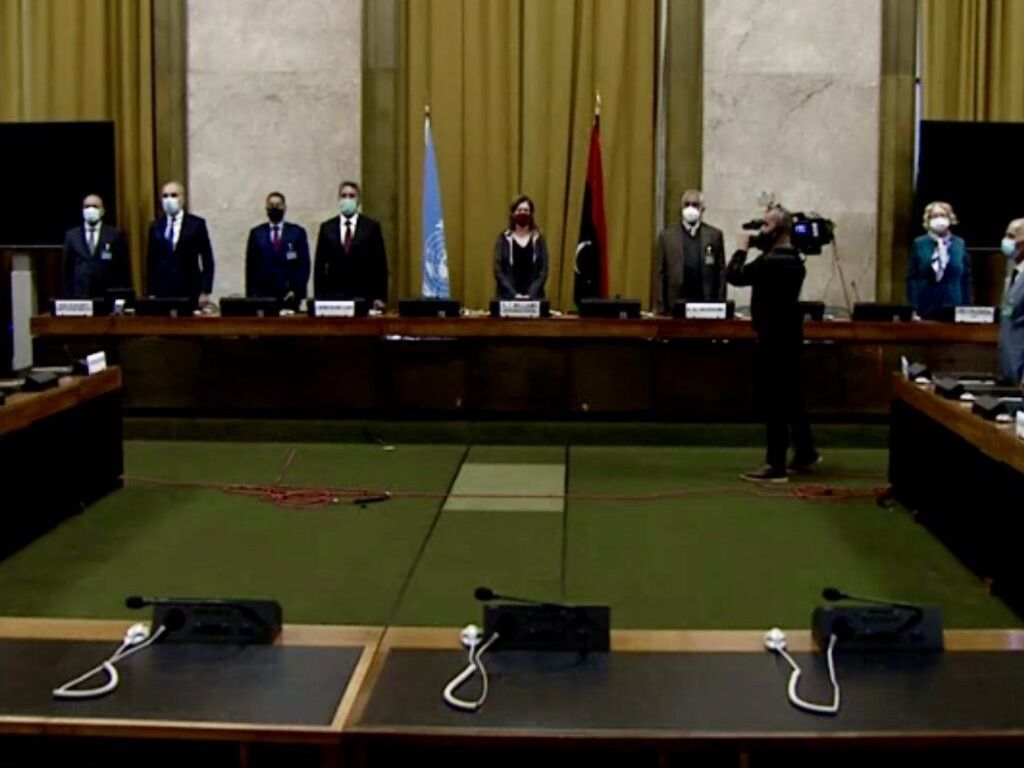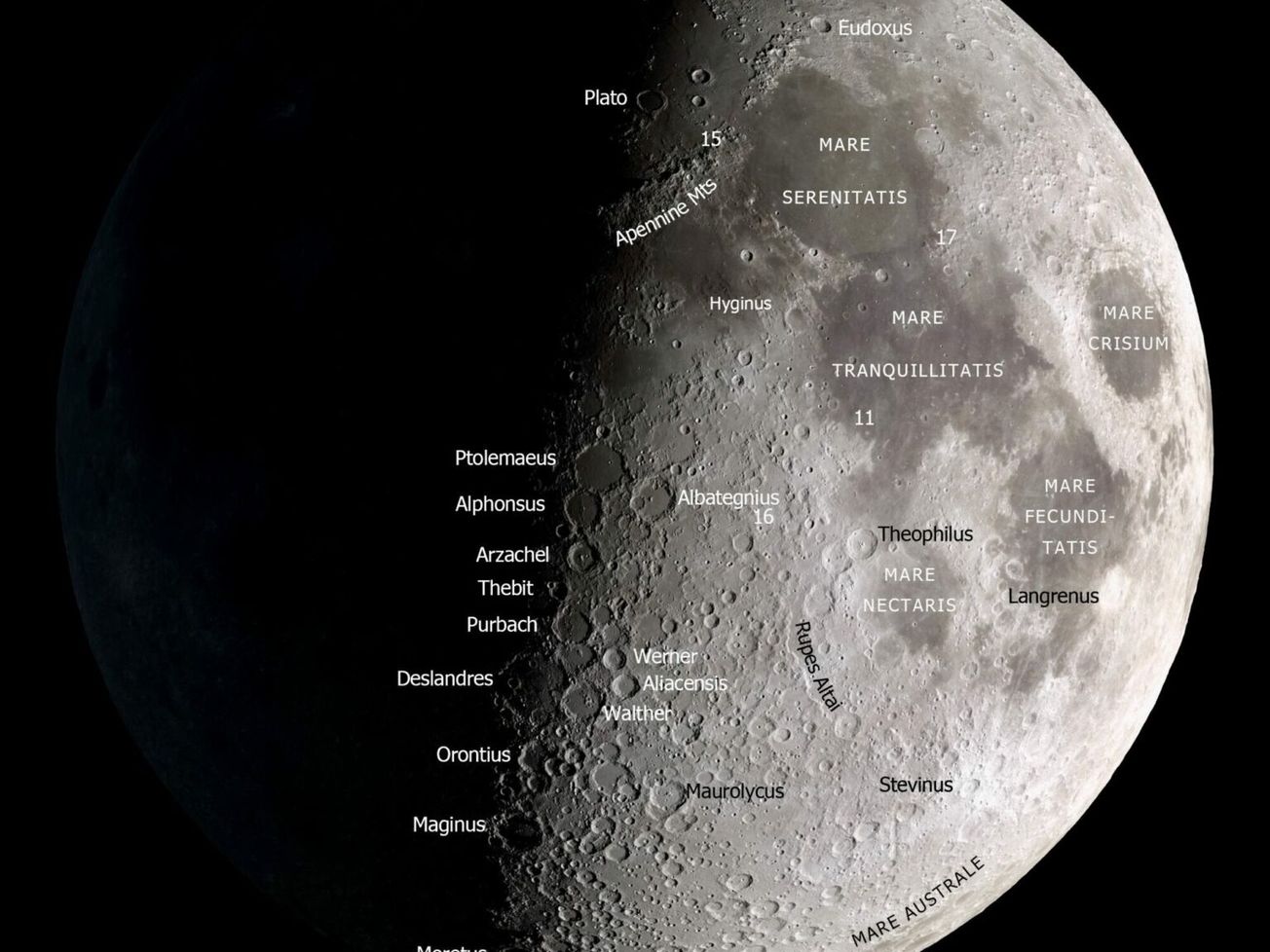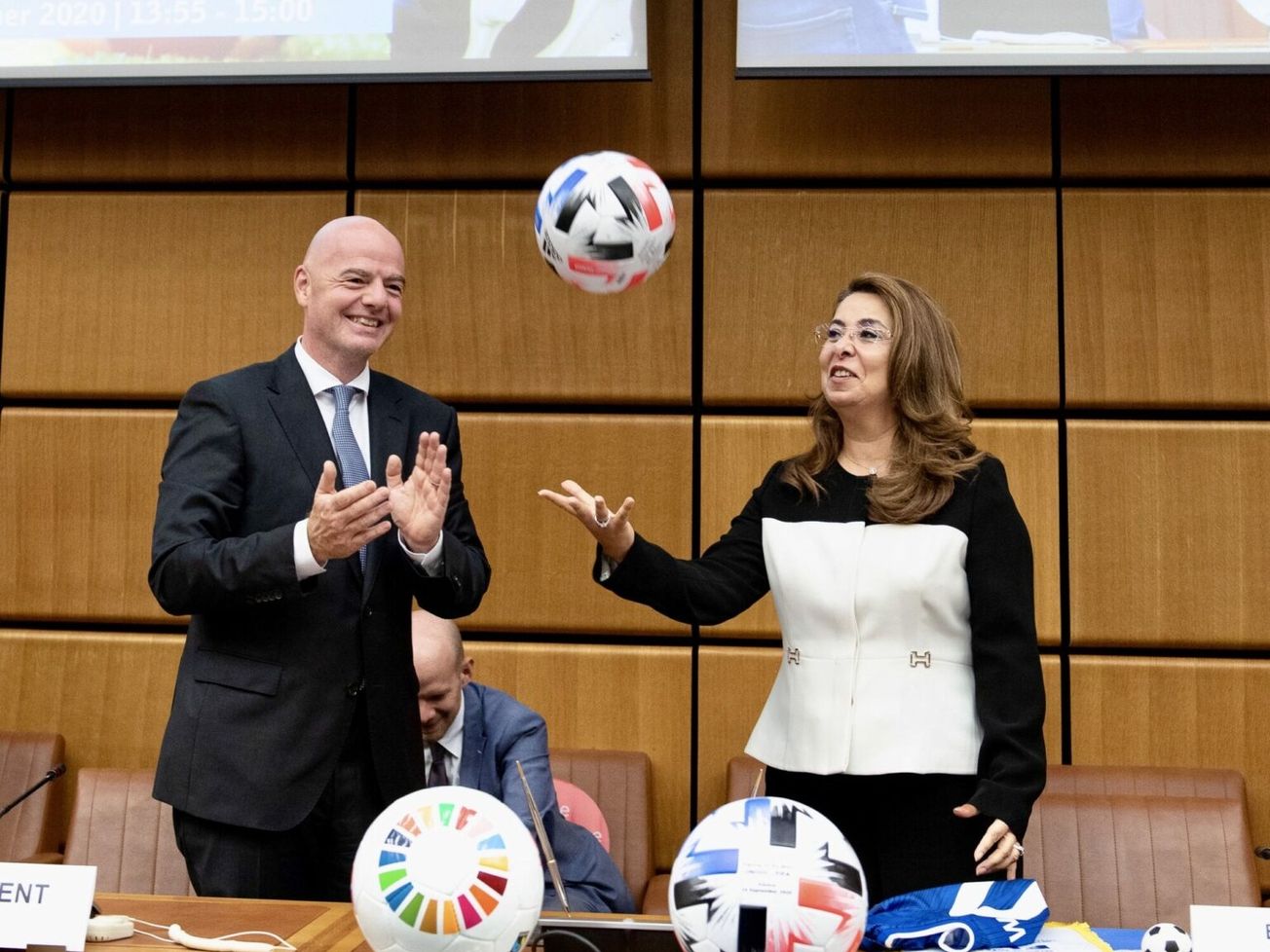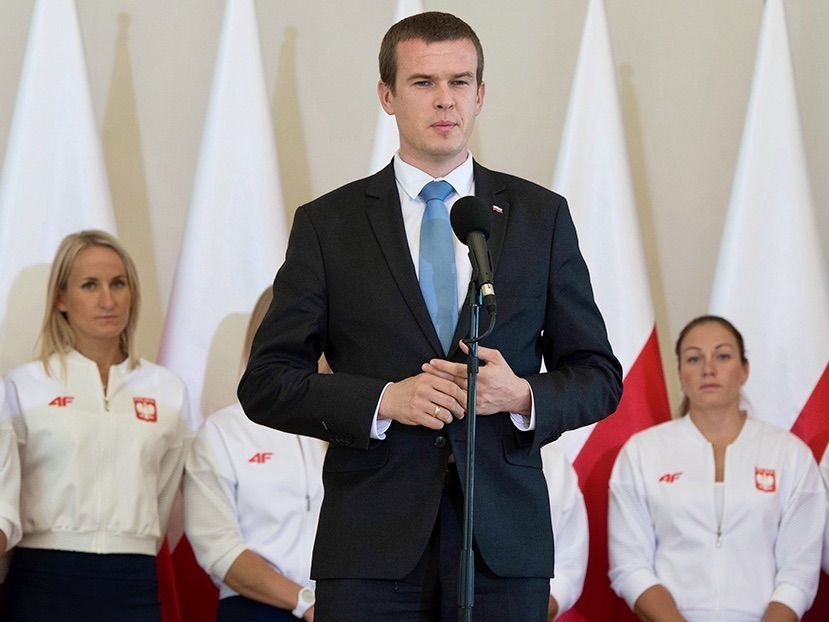
Global Fund raises record amount but falls short of $18B goal
Reeling from pandemic setbacks, the world's largest disease-fighting fund sought money to work in more than 100 nations.
Already have an account? Log in
Reeling from pandemic setbacks, the world's largest disease-fighting fund sought money to work in more than 100 nations.
More than 40 nations and international organizations signed onto a roadmap for Ukraine's recovery with longterm support.
Sweden and Finland are expected to decide by the middle of May whether to seek to join NATO's 30-nation membership.
As the Taliban consolidates power, donors pledged to provide emergency aid for Afghans at a U.N.-sponsored fundraiser.
A suppressed WHO report on Italy's pandemic response says hospitals were "chaotic," dangers to elderly went unrecognized, and training was haphazard.
The IMF was thrust into a dispute over currency manipulation as the U.S. accused Vietnam and Switzerland of currency manipulation.
CERN's governing council agreed to a new operating calendar of proton-smashing experiments through the end of 2024.
Libya’s two main warring factions agreed to hold nationwide elections on December 24, 2021, the U.N. acting envoy for Libya said.
The top U.N. official for global climate action said 65% of the world body's 193 member nations will seek net zero carbon emissions by 2050.
Libya’s two main warring sides signed a U.N.-brokered cease-fire deal that also requires military pullouts by Russia, Turkey and other regional powers.
The U.S. persuaded seven nations to sign agreements for cooperating and extracting resources from the Moon's surface.
The Nobel Peace Prize went to the World Food Program for its efforts to alleviate hunger amid the pandemic and to urge more international cooperation.
New momentum for creating a global organization to investigate corruption in sports surfaced as FIFA and UNODC signed a cooperation agreement.
WADA said it will consider amending its rules to prevent the United States from jeopardizing the global anti-doping system.
Nations met to examine how to help pandemic-battered farmers keep supplying food for tens of millions of people.
Nations and public health critics denounced the Trump administration's announced U.S. departure from WHO as an irresponsible and wrong-headed move.

